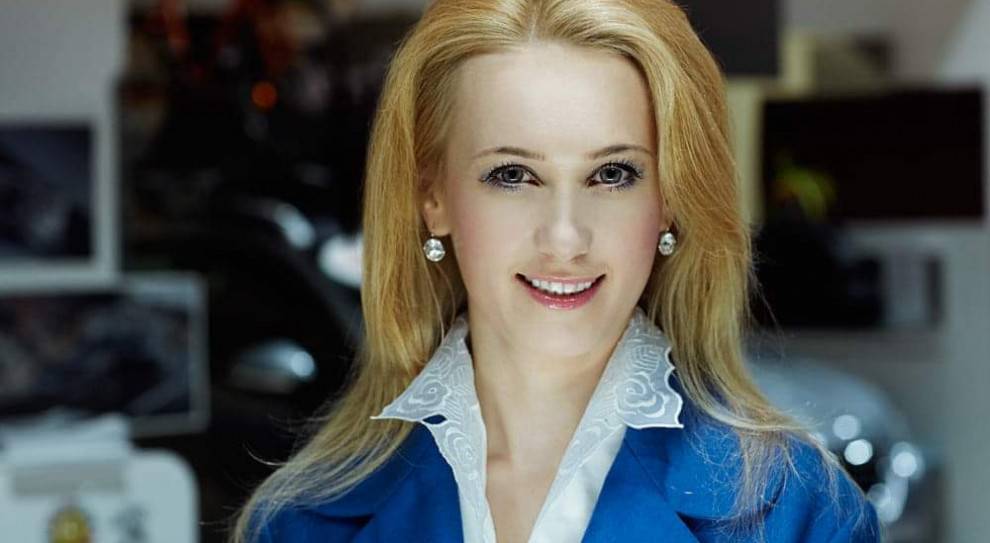Foreigners becoming more entrepreneurial. A 100% increase in companies founded by people from outside of Poland in West Pomeranian Voivodeship.
By the end of 2024, over 2400 companies were established by foreigners in the West Pomeranian Voivodeship. This signifies an over 100% increase year on year. According to data from the Social Insurance Institution (ZUS), approximately 48,000 foreigners are registered in the West Pomeranian Voivodeship. What accounts for this increase in economic activity among non-Polish individuals? “Our region promotes business ventures. However, the most significant factor here is the fact that those who came from Ukraine due to the war had to make a decision: whether to settle permanently in this city and build their future or work for other employers, often below their qualifications,” says Hanna Mojsiuk, president of the Northern Chamber of Commerce in Szczecin.
Gastronomy, beauty sector, and crafts dominate
The Social Insurance Institution’s statistics show a 100% increase in the number of companies run by foreigners. Experts do not doubt that these are primarily Ukrainians who came to our region due to the war that broke out in February 2022.
“Foreigners adapt well to our labor market and are increasingly eager to establish their businesses. The statistics unequivocally show an increase in business venture interest among Ukrainian citizens. This is due to the fact that people from Ukraine had to decide whether they wanted to settle in our region permanently, which naturally includes the pursuit of stable employment or setting up their businesses. It turns out that starting a business in Poland is not difficult, which foreigners consider as an opportunity,” says Hanna Mojsiuk.
The Northern Chamber of Commerce has noted an increase in the number of foreign-led companies deciding to join the institution.
“Ukrainians operate various types of businesses in our region. We’ve noticed that sectors related to gastronomy, health and beauty dominate. This is due to the fact that, after the war, mostly women came who now, having mastered Polish to a communicative extent, are setting up businesses related to the beauty industry. However, I recently spoke to a young Ukrainian woman who started a coffee shop and another who established a small bistro in a small town in our region,” Hanna Mojsiuk comments.
Business as a way to work according to their capabilities
Labor market experts agree that Ukrainians have had to find their place in the labor market over the last two years. On one hand, there is no shortage of job offers for foreigners, but on the other hand, they often fall short of the expectations of those who came to Poland fleeing the war.
“Setting up sole proprietorships for Ukrainians is not difficult, and many organizations also advise on how to deal with setting up a company. Risk is not foreign to Ukrainians, and our tax system or regulations are not in any way restrictive for them. The barriers we see often concern language issues, but with the right efforts, this problem can be overcome. From my observations, I can say that the quality of services from Ukrainian entrepreneurs is high and they cope well in our business,” says Kamil Zieliński, an expert in the legalization of residence of people from Ukraine, Polish-Ukrainian Chamber of Commerce.
“The dominant sectors among foreigners setting up companies are the beauty sector, gastronomy, but also crafts or the construction sector. Women dominate, but we also see that men are looking for opportunities to operate as sole traders. There is no shortage of communication or transport experts who want to run their businesses,” says Katarzyna Rogoźnicka, an expert in company restructuring at Kiżuk & Michalska Office. “Very often, Ukrainians employ their compatriots, which is also a positive trend,” she adds.
For many Ukrainians, starting their own company is a chance to break a run of bad luck in the labor market. As Anna Sudolska says, in recent weeks, many Ukrainian women have been unsuccessfully looking for work in their professions.
“We encountered situations where women professionals, such as psychologists, teachers, or doctors, lost their jobs. This is due to the fact that after the war, funds were launched to support the professional development of people fleeing the war. After two years, these funds are significantly smaller and there are no longer such funds for Polish-Ukrainian integration in schools or for psychological support, for example. Such people have to find a new career path for themselves, often sadly below their expectations,” adds Anna Sudolska.
